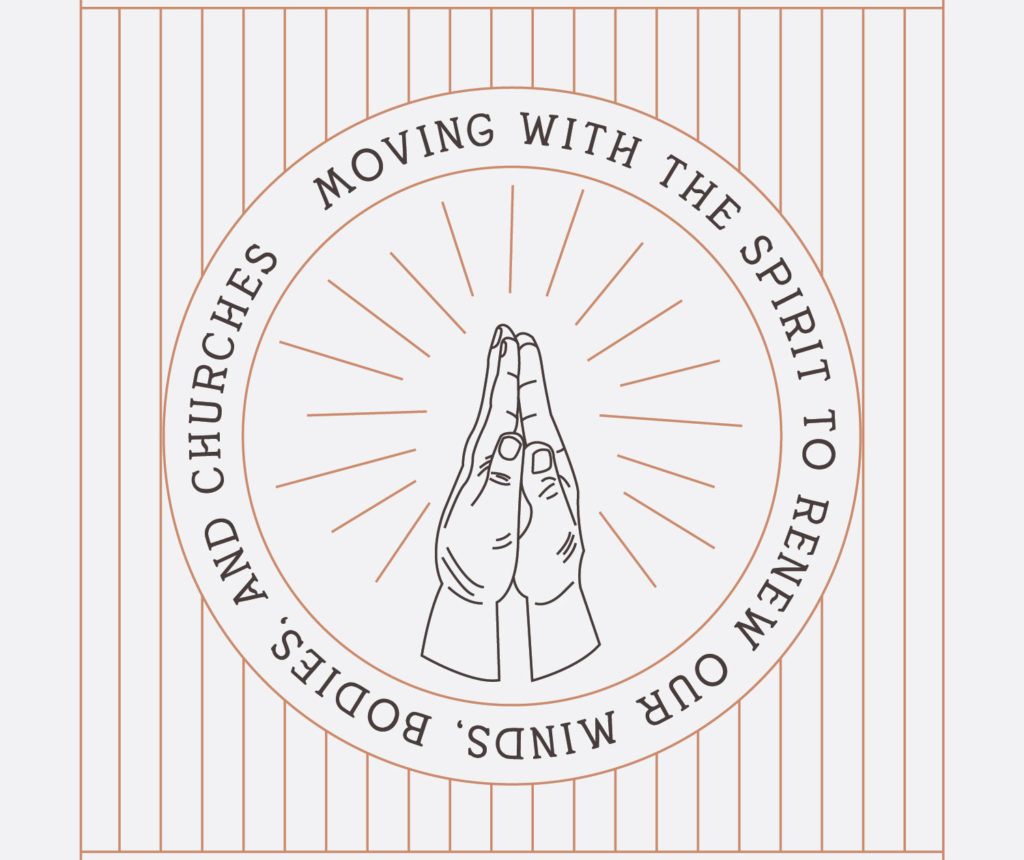
Q&A – How Does Christianity Relate to Other Cultures?
It’s easy to think of your own cultural as superior to others. When you become a citizen of God’s kingdom, how should you interact with other cultures? I recently sat down with four church leaders who are doing this well and asked them questions which get at the heart of how churches can be more intentional about pursuing multiethnic, multicultural churches. The church leaders are Michael Patterson (Atlanta, GA), Marcos Mercado (Wilmington, DE), Ronnie Rose (Greenville, SC), and Kerry Cox (St. Louis, MO). Other articles in this series: “Why Is It Worth It?” “What Gets in the Way?” “What Habits Can Break Barriers”
Q: Multiethnic churches mean getting used to more than one culture. How does Christianity relate to other cultures?
Ronnie: If we’re going to fulfill God’s commission of making disciples of all nations, then we’ve got to think like kingdom people, not primarily as one culture or another. As kingdom people, we start with the inside and then work our way out. We allow God to transform our most fundamental identity. Whatever color you are, I think we have to have more of a kingdom identity.
Paul was an example of this. Paul was the Jew of Jews, a Hebrew of Hebrews, right? Yet he became “all things to all people” (1 Cor. 9:22). He was able to become weak to win the weak and strong to win the strong. And I think he was able to do that because he was a kingdom man more than a Jewish man. This kingdom identity enabled him to adapt. It enabled him to embrace different cultures.
I think it’s funny that he says, “To the Jews I became like a Jew, to win the Jews” (1 Cor. 9:20). That’s weird because he was a Jew. But I think that it speaks to the transformation that he had to being a citizen of Jesus’ kingdom and having a kingdom mentality and identity.
“As a kingdom person, you can serve people who are not like you, but without losing your cultural identity in the process.”
It’s also important to note that, as a kingdom person, you can serve people who are not like you, but without losing your cultural identity in the process. I don’t think that Paul ever lost his heritage or his Jewishness, nor did he require Gentile Christians to give up their cultural identity. We need to resist making people conform to our likeness in order for them to be accepted.
Mike: Yeah, Ronnie is alluding to our tendency to expect people to conform to the dominant culture. Whatever is the dominant culture, we expect people to embrace it. God taught me a lot of lessons early on as a minister. I was from the South, yet living in New York City, and my first ministry was working with Dominican, Puerto Rican, and Ecuadorian cultures. I had no cultural reference. But I just went into the environment, tried to be a Christian, and tried to show gratitude and appreciation.
Marcos: I think back to Peter and how he really struggled with allowing Christianity to be truly multicultural. He would sit with Gentiles and eat with them until his fellow Jews from Jerusalem showed up. Then he didn’t want to sit with the Gentiles anymore. Paul rebuked him because Paul saw that as wrong.
“If we’re not reaching other cultures, that’s wrong, especially if your area is changing.”
Like Paul, I think we need to treat it for what it is. If we’re not reaching other cultures, that’s wrong, especially if your area is changing. Especially now with churches having an online presence, there is no reason we can’t cross these boundaries. Obviously, we don’t want superficial. I know churches that would just hire a diverse worship team, but that’s not really crossing the boundaries. The real questions are, whom do you eat with? Who are your ten closest friends? Who are your kids’ best friends?
Kerry: It all goes back to the question of whether we are going to be disciple makers. I just don’t know how you can be a real disciple maker and not have your church become more diverse. Because when you make disciples, you are going to run into people who are different than you. I really think that, for churches that don’t have any diversity at all, either they’re in a completely non-diverse area where no one is around you, or they’re not really trying hard to make disciples.
“I just don’t know how you can be a real disciple maker and not have your church become more diverse.”
When our churches are making disciples and experiencing a diversity of cultures, we should celebrate the differences in each other. At the same time, any tension caused by these differences dissolves in importance because what really matters is the kingdom.












